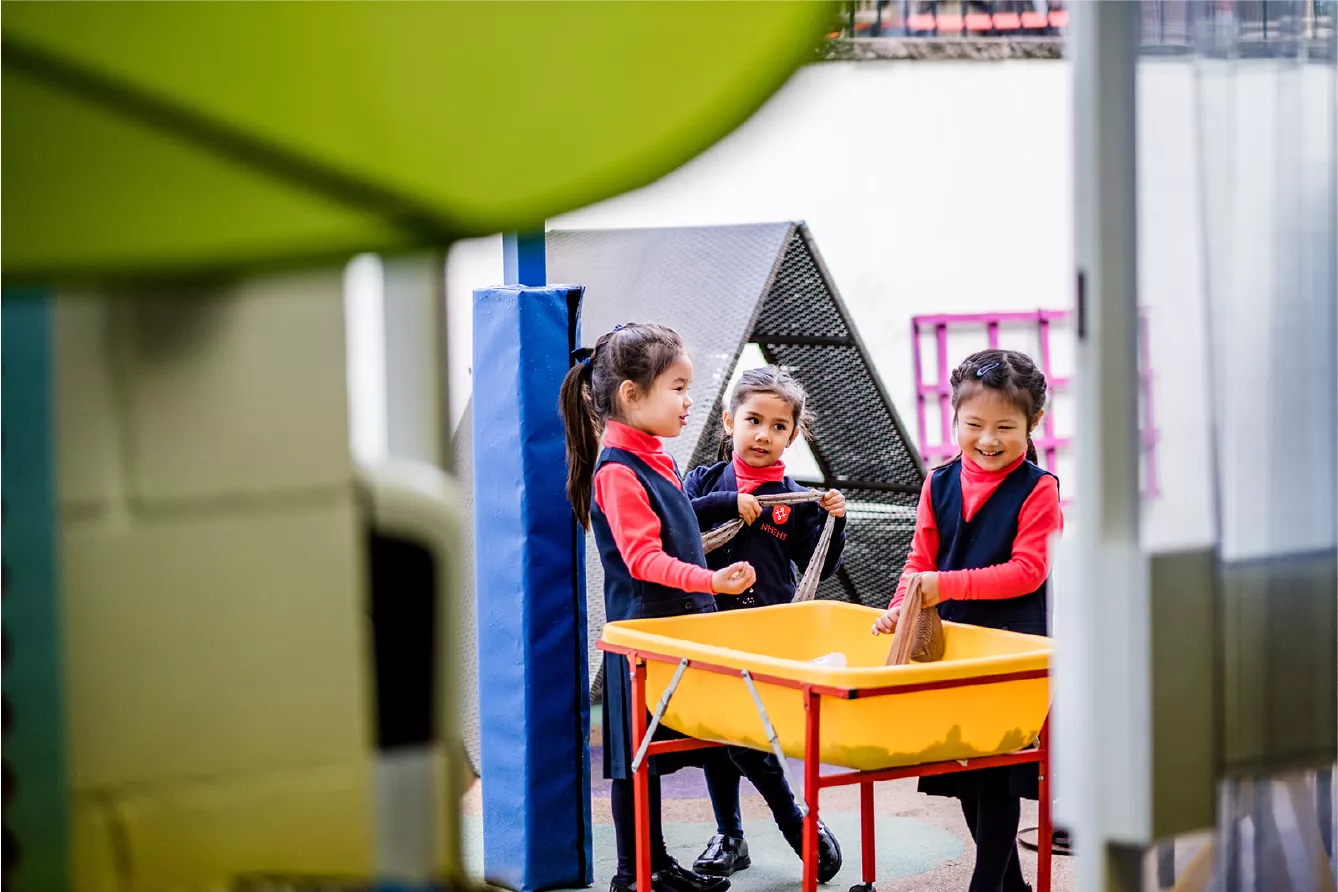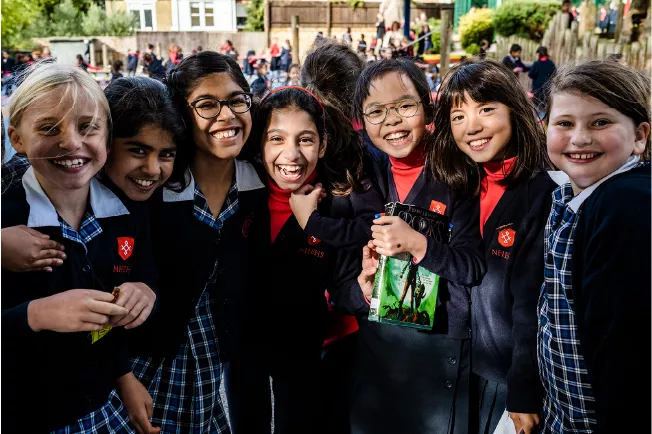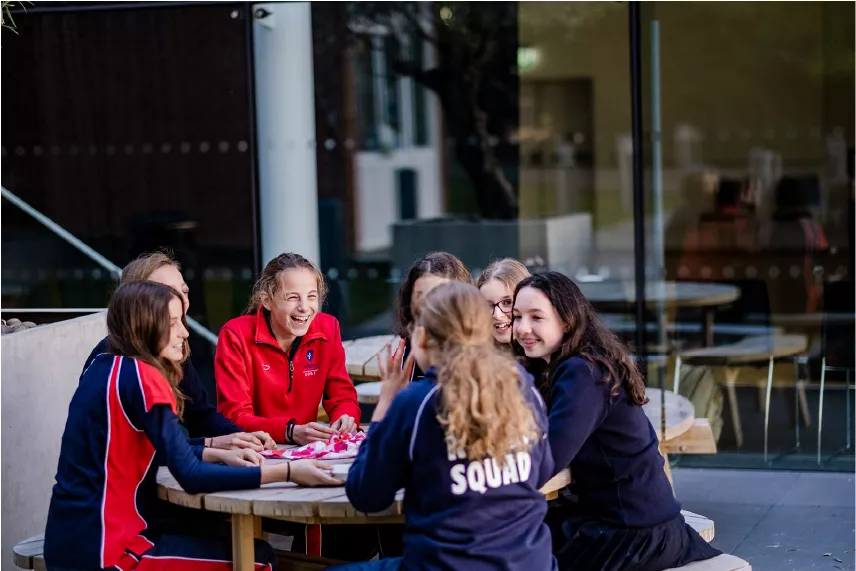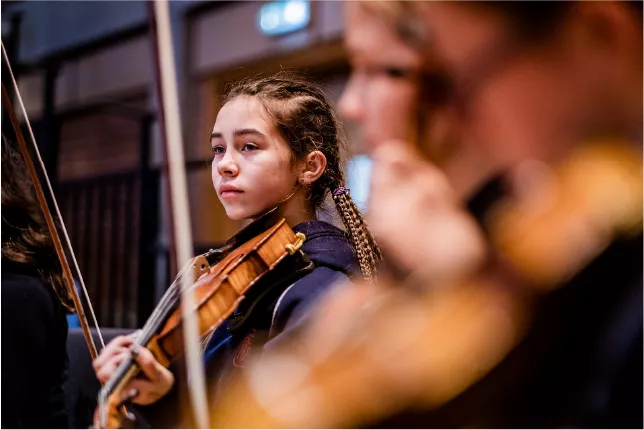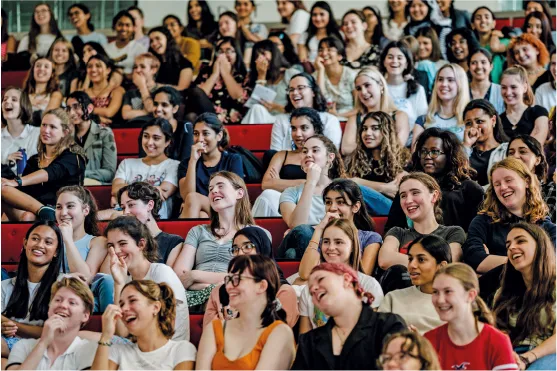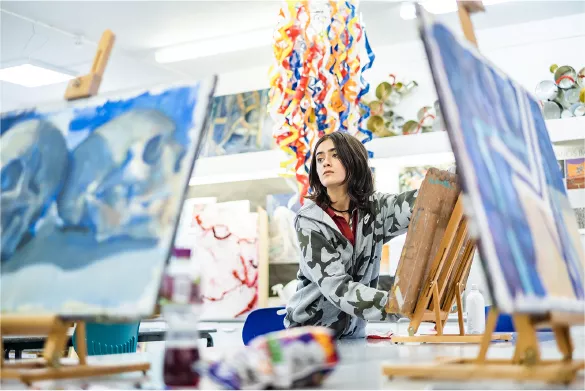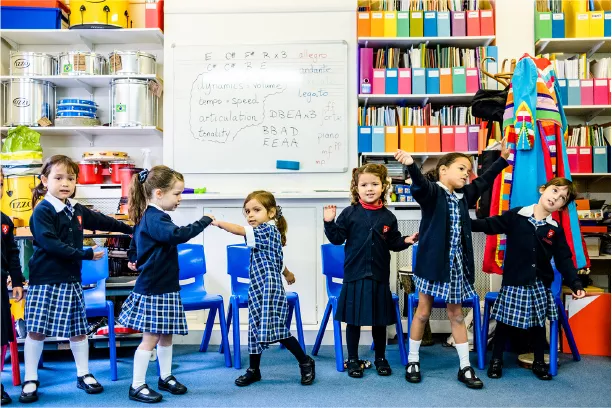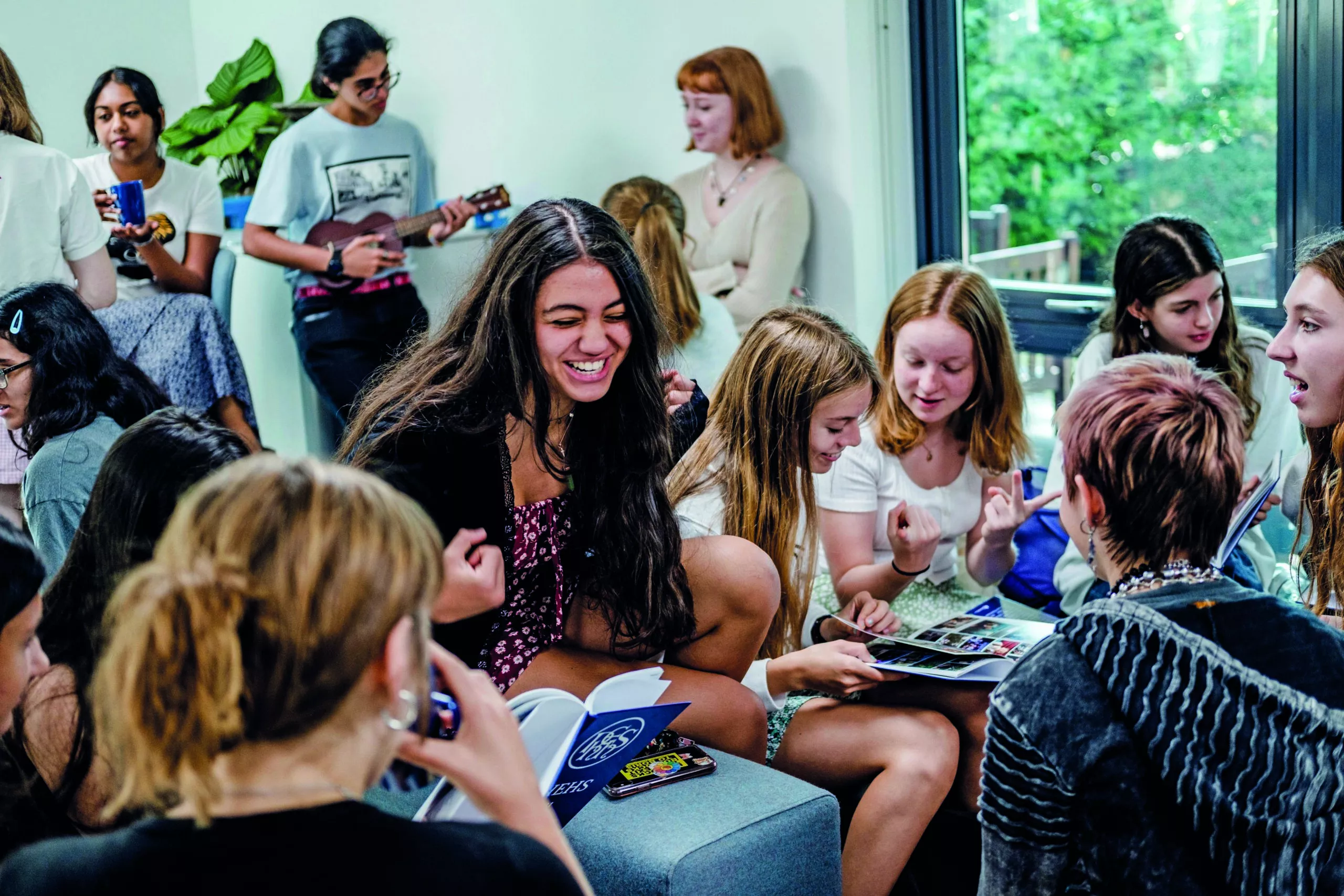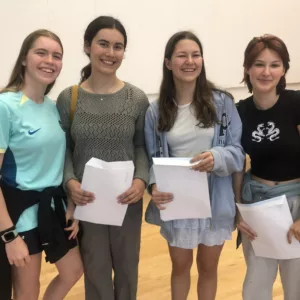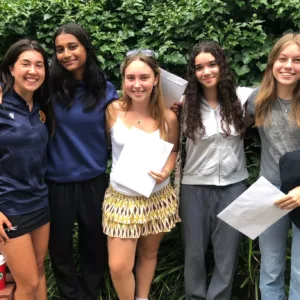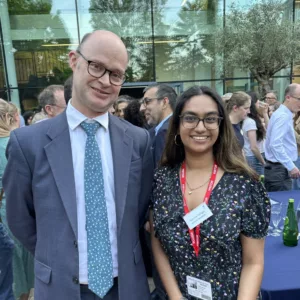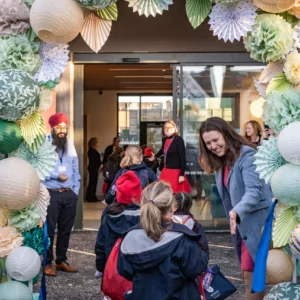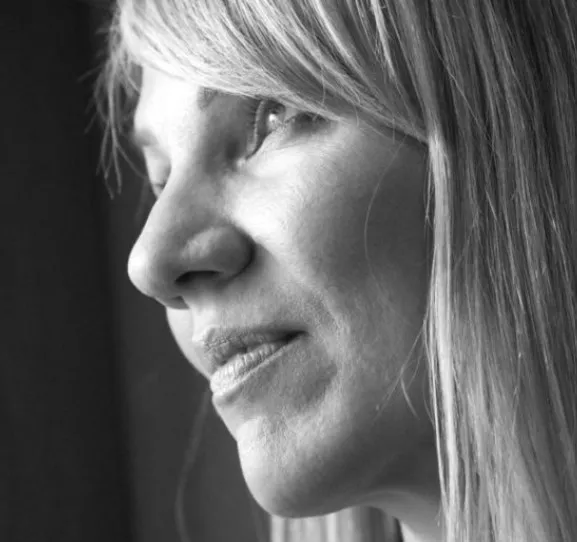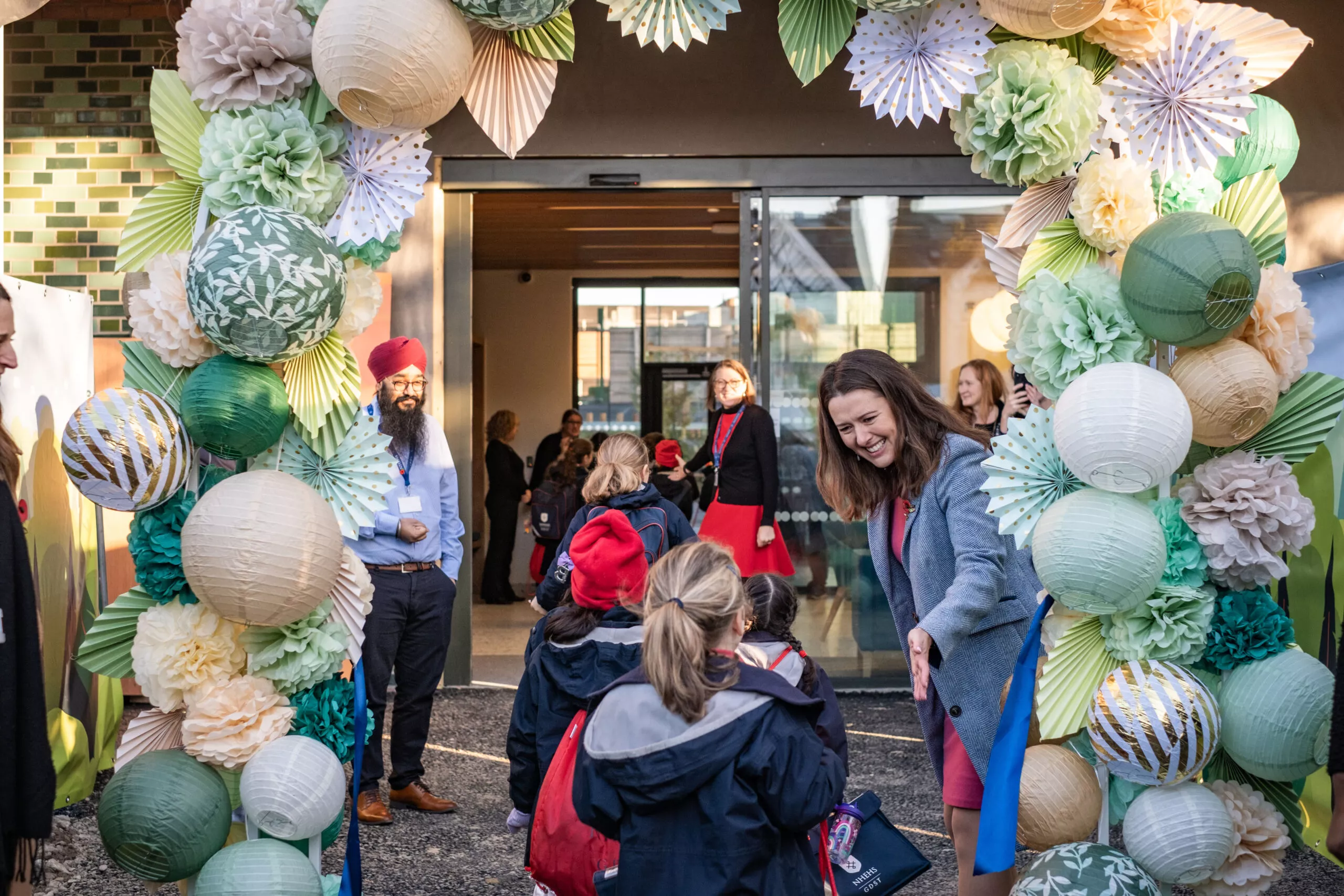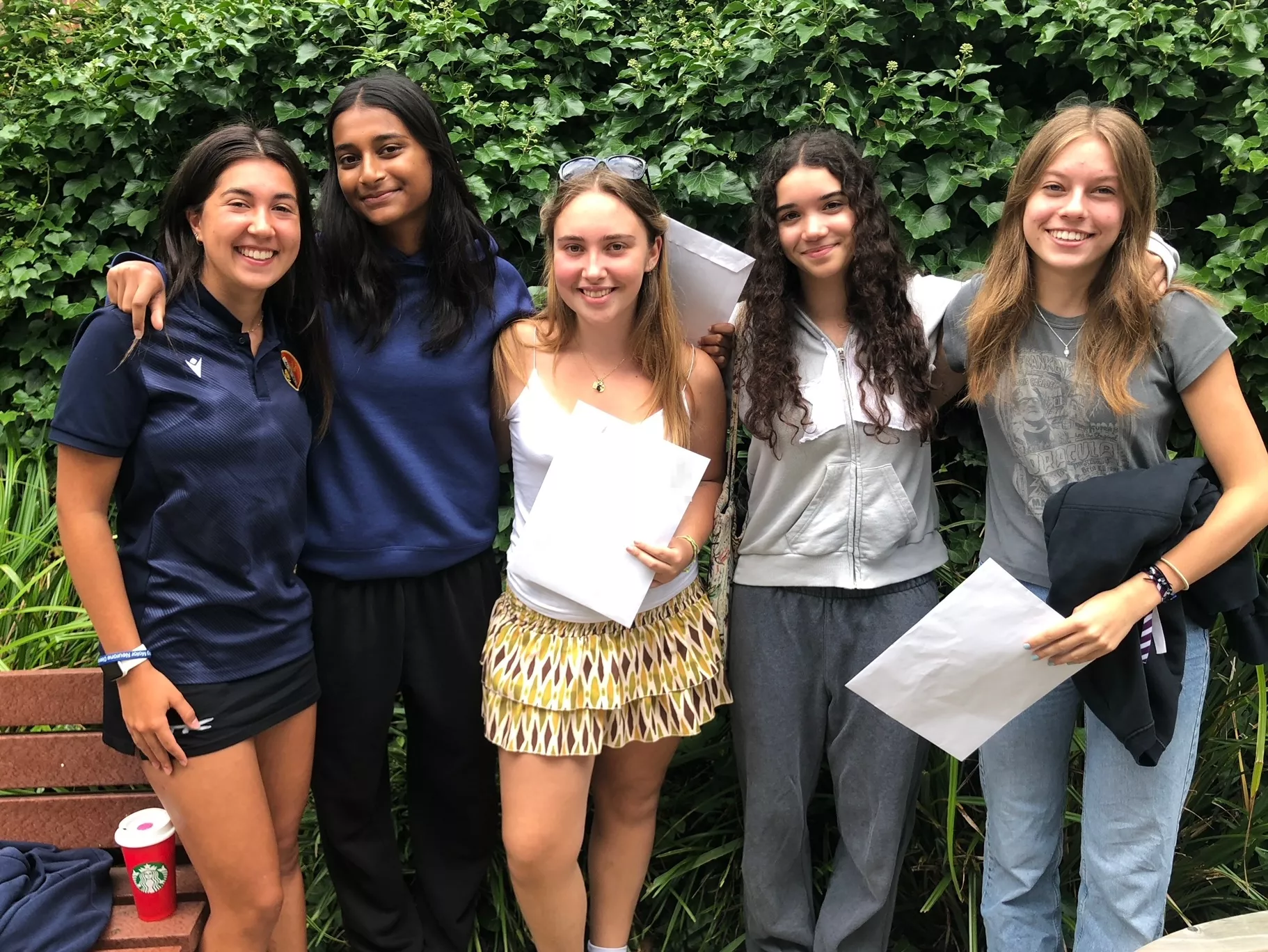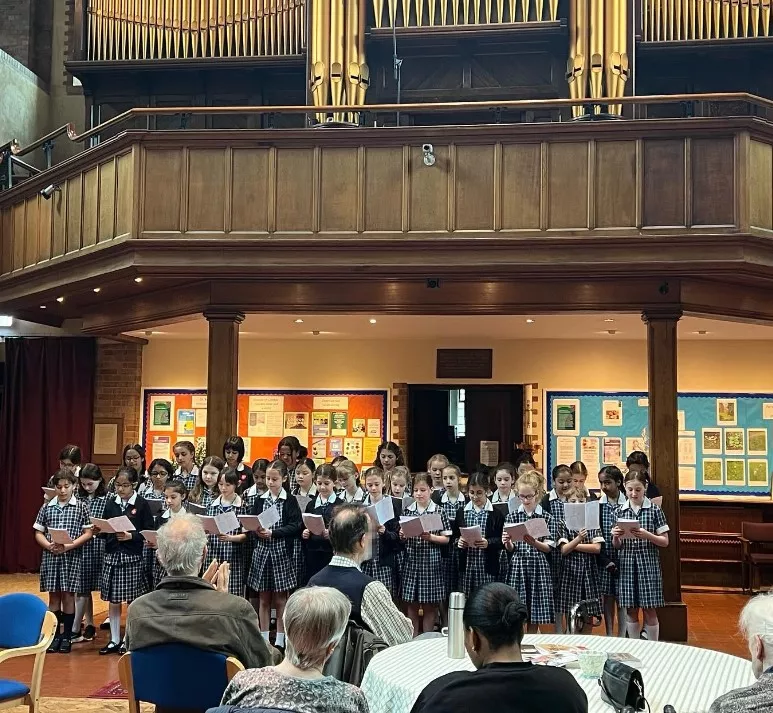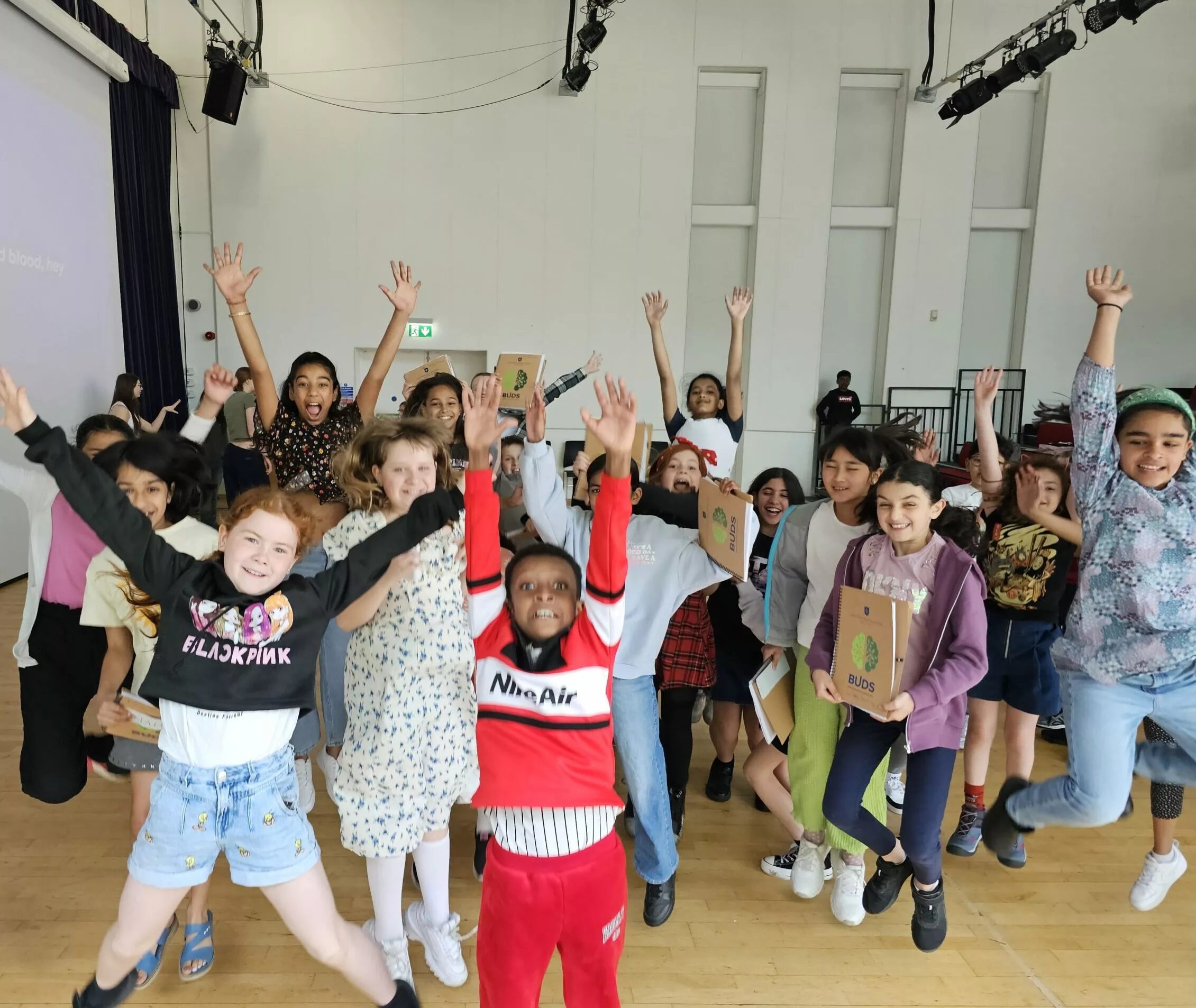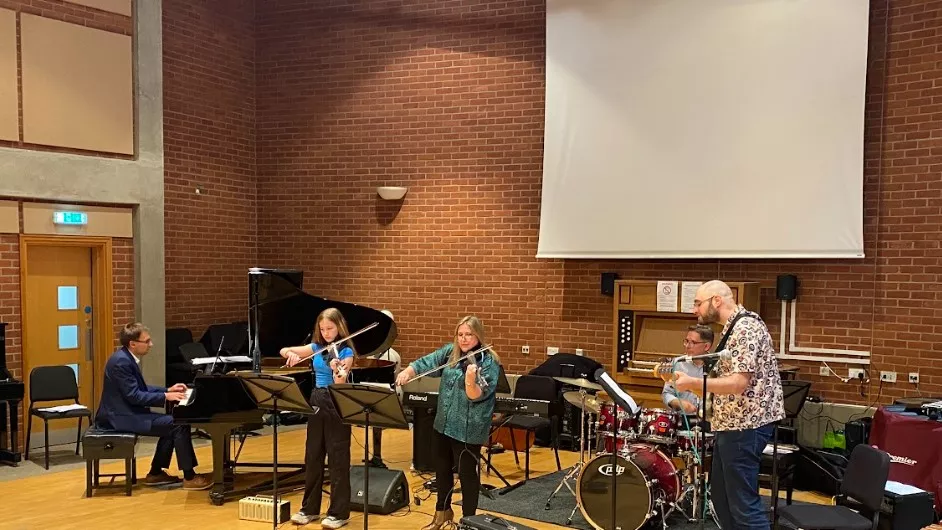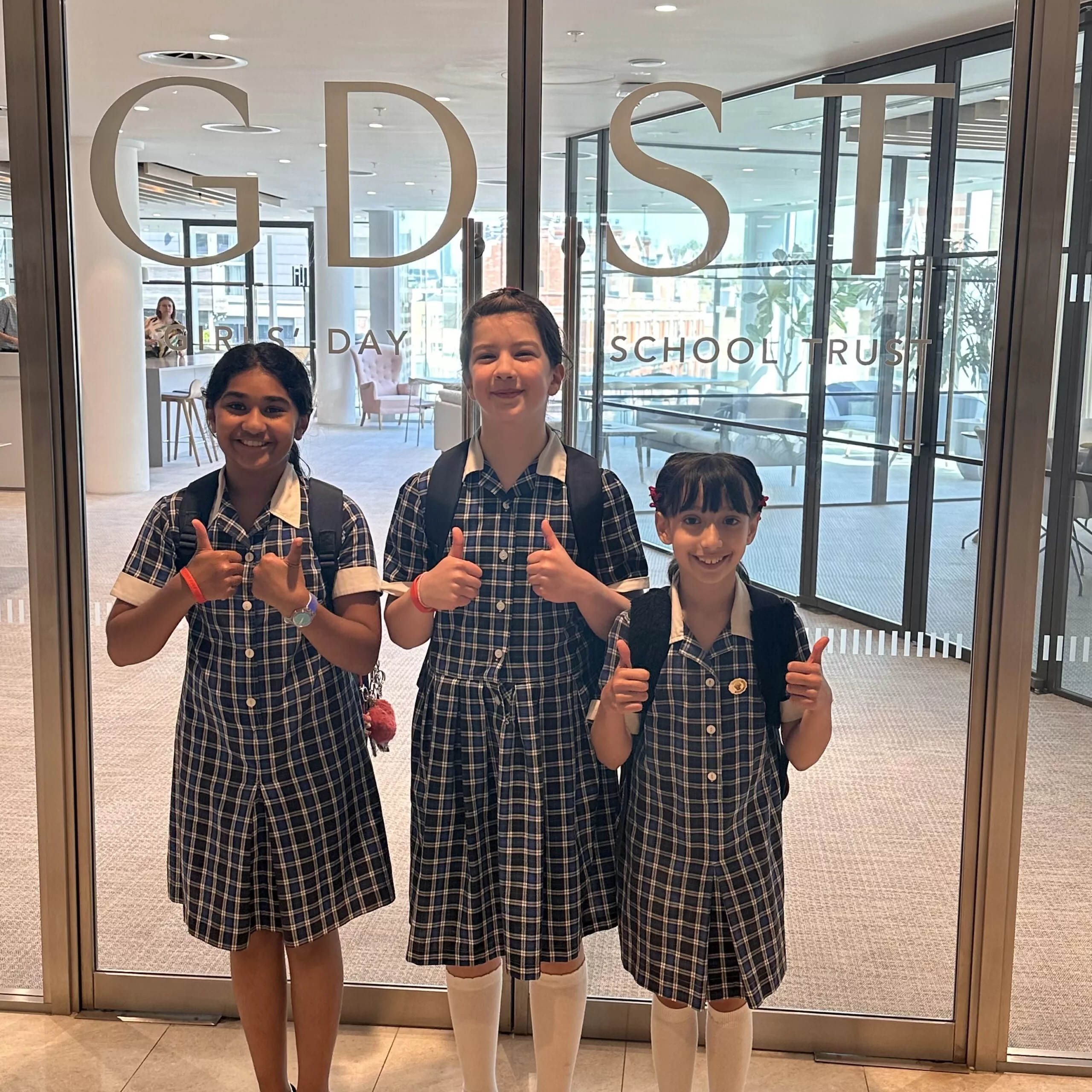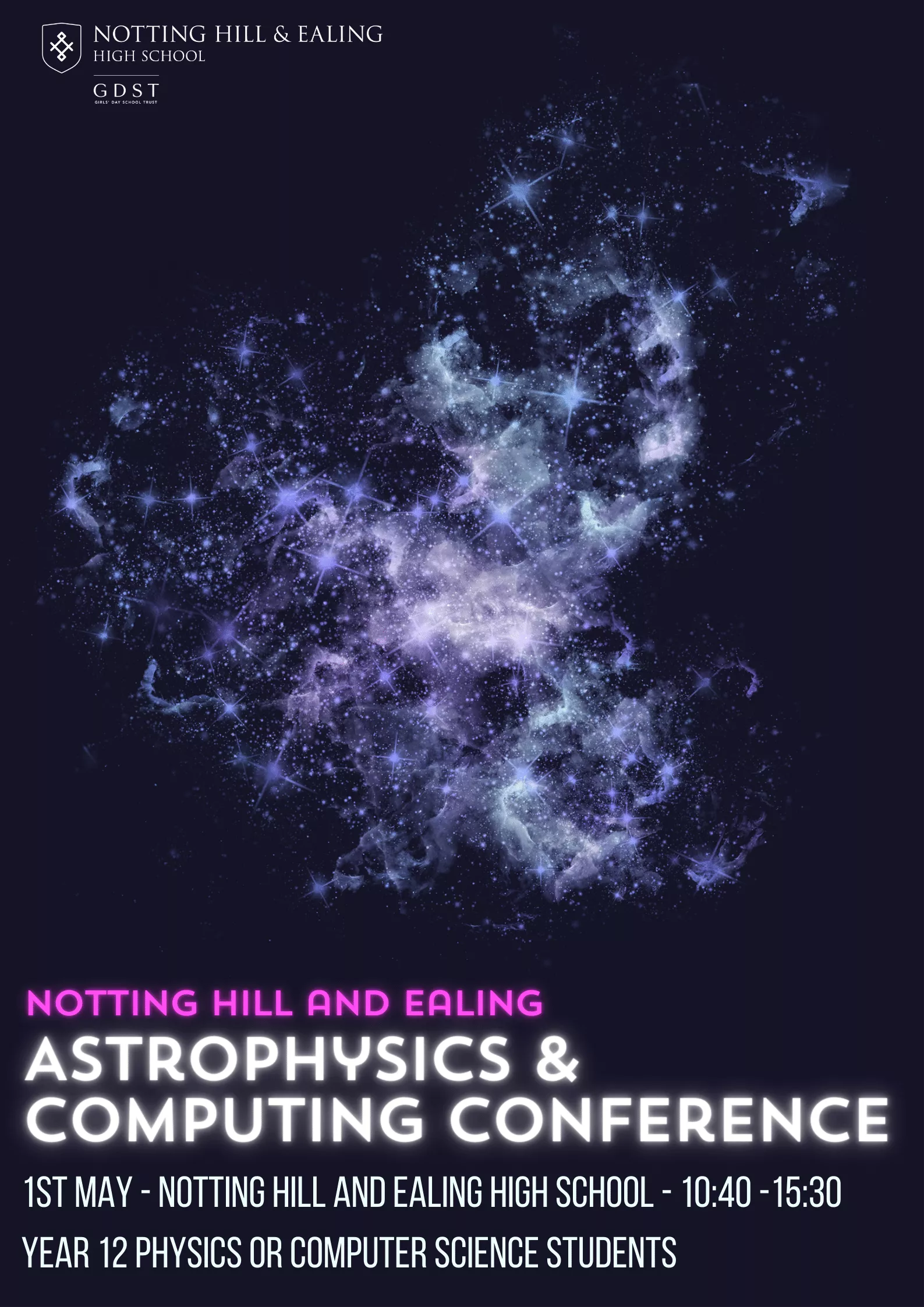Online Poetry Workshops with Hannah Lowe & Daljit Nagra
 As a resounding conclusion to NHEHS’s World Book Week, the Year 10s and 11s were treated to an online conference led by esteemed poets Daljit Nagra and Hannah Lowe. It was a mixture of creativity, analysis and reflection that both year groups found infinitely rewarding, as these Year 10s report:
As a resounding conclusion to NHEHS’s World Book Week, the Year 10s and 11s were treated to an online conference led by esteemed poets Daljit Nagra and Hannah Lowe. It was a mixture of creativity, analysis and reflection that both year groups found infinitely rewarding, as these Year 10s report:
Hannah Lowe (by Cordy and Chloe)
Hannah Lowe started her talk by going through various techniques used in poetry. After this, she read us her poem Dressmaker – a poem inspired by the Windrush immigrants and their experiences migrating to England in the 1940s – and annotated it with us, talking about the context and imagery she used in order to emphasise the poem’s deeper meaning. It was a beautiful poem with really interesting use of language and structure.
Hannah talked about how to explore the poem and its themes in an exam setting. She encouraged us to be like detectives and pick out the finer details in the text, such as word choice, metaphors and similes. When reading a poem she taught us that it is important to hear the voice of the poem’s narrator and think carefully about the tone. After this we explored the poem Windrush Sankey by Lorna Goodisan – a poem that was also about migration although it had some interesting differences to Dressmaker. Hannah enabled us to think more deeply about the poems and their themes; the workshop was not only enjoyable but also very useful. Hannah ended by reading some of her poems and talking about her background and journey to being a poet. She was inspiring and engaging throughout.
Daljit Nagra (by Heather and Sarah Jane)
Daljit Nagra began his presentation by discussing his background and heritage. He talked about his Sikh and Indian descent, opening our minds to how many Indian soldiers fought and died in both World Wars for the British Army. He recounted to us how his family had come to Britain after the war to help ‘rebuild the country.’ Then he shared some poems with us to discuss how they related to the themes of race and gender. In this workshop he encouraged us to write our own poems in different styles and forms – guiding us with some top tips. He explained how we should try to use (in our poems) concrete detail instead of abstract detail. For example, instead of ‘I am in love’ – where love is an abstract idea – instead use ‘My heart burned with the passion I felt,’ because this would be an image that would spark a reader’s imagination. He read some of his poems aloud to us and explained the choices he made in their construction.
us how his family had come to Britain after the war to help ‘rebuild the country.’ Then he shared some poems with us to discuss how they related to the themes of race and gender. In this workshop he encouraged us to write our own poems in different styles and forms – guiding us with some top tips. He explained how we should try to use (in our poems) concrete detail instead of abstract detail. For example, instead of ‘I am in love’ – where love is an abstract idea – instead use ‘My heart burned with the passion I felt,’ because this would be an image that would spark a reader’s imagination. He read some of his poems aloud to us and explained the choices he made in their construction.
He strongly believes in the freedom of writing poems; he encouraged us to write in a way that is unrestricted by rhyme schemes and other techniques. Finally, he explained to us the differences between: page poetry, performance poetry and social media poetry. He showed us the differences in how these poems are created and made us write an example of each type. For instance, social media poetry has to be eye-catching but relatively short because of the nature of how people see it, whereas performance poetry has to focus on how the poem will be spoken, including intonation and acting. We thoroughly enjoyed this creative workshop and it really made us realise the freedom that comes with the creation of poetry.
Back to news
